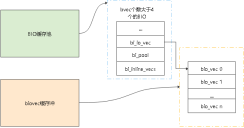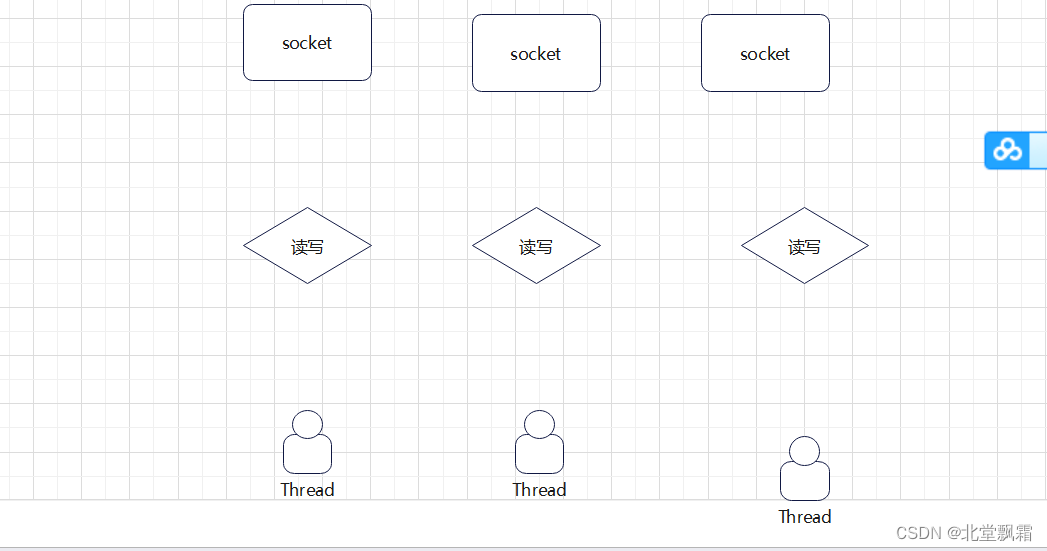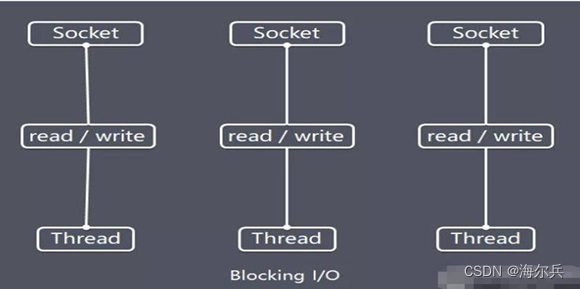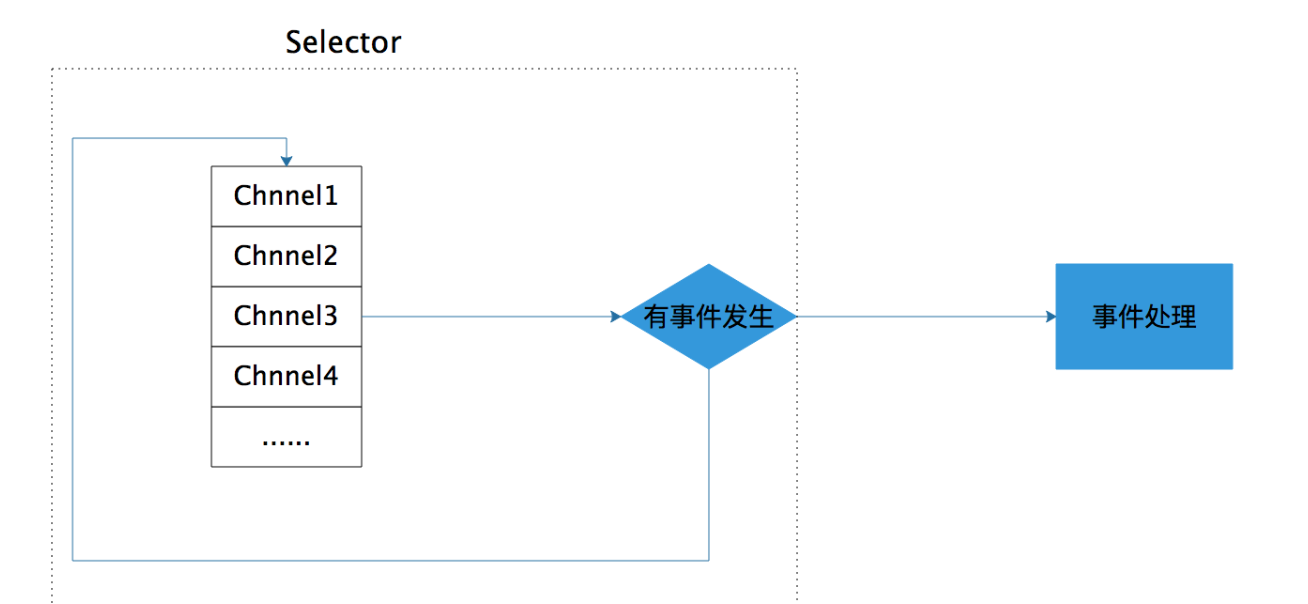视听说教程(第三版)4
quiz 2
//中文注解都是亲自查阅并打上去的,既是为了完善自己的词库,同时也有助于小伙伴们的阅读与理解
//您的支持是我更新的不竭动力!
//希望点个赞或者投个币,支持一下吧!(一键三连也可以哦)
Reading Comprehension
Section A
Ask children about their favorite animal and it is highly likely that at least one will respond enthusiastically 【热情的】with the name of a dinosaur【恐龙】. Despite the fact that they were extinct long before humans set foot on the Earth, these huge reptiles【爬行动物】 have captured【吸引、抓住】our imaginations.
Many children collect models of the most various species and they are experts on their preferred habitat and favorite food. One of the most popular exhibits in London’s Natural History Museum【伦敦自然博物馆】 is the enormous【巨大的】 Tyrannosaurus Rex【霸王龙】, which never seems to lose its appeal, shrugging off【摆脱了】 stiff competition from hi-tech cyber versions.
Archaeologists (考古学家) continue to amaze【是惊讶】 us with their remarkable【杰出的】 discoveries — the latest being a 66-million-year old fossil【化石】 of a dinosaur heart. Such findings enable them to shed【阐述】 further 【进一步】light on these fascinating creatures.
The word “dinosaur” also has another definition【定义】: it can be used as an adjective【形容词】 to describe something unwieldy【笨拙的】 and outdated【过时的】. It may not be too long before some of the animals we currently【目前】 take for granted【倘若】 join the dinosaurs in extinction【濒危】 and our inheritors【后继者】 will be visiting museums rather than zoos in order to learn about them.
Eminent【著名的】scientists are warning governments around the world that the current 【目前】rate of extinction is 1,000 to 10,000 times above normal and that a quarter or more species are reaching the brink of 【…的边缘】disappearance. Giant pandas are amongst 【在…之中*古】those under threat. Their rapidly decreasing number is partly 【在一定程度上】due to the shrinking 【萎缩】of their natural habitat and the difficulty of breeding 【繁殖】them in captivity【圈养】.
The world’s largest living land mammal【陆地哺乳动物】, the elephant, is another favorite which could become a rarity 【珍稀物】in years to come. Fortunately, a ban on ivory 【象牙】has been enforced【被迫】 over the past decade and astute 【精明的】former hunters recognize that there are profits 【利润】to be gained from the eco-tourist trade. Nowadays, visitors to national parks prefer to see the tusks 【獠牙】on a living creature as opposed 【而不是】to a souvenir 【纪念物】trinket 【小装饰品】 on their shelves 【货架】back home.
However, debates 【辩论】continue as to the effects of such tourism on wildlife. Our planet comprises a rich web of life. No organism 【有机体】can survive without affecting its environment; our lives are inextricably 【分不开的】entwined 【交织】 so that the quality of our respective 【各自的】lives depends on the behavior of those around us. Every so often we should stop and think of the consequences of our actions, however small they may seem at the time. Are we humans really the super intelligent beings we proclaim【宣称】 ourselves to be?
- Which of the following statements is true?
A) Our inheritors will be visiting the already extinct animals alive in the future zoo.
B) The non-stop archaeological discoveries enable us to get further information about dinosaurs.
C) People lost their interest in dinosaurs because they were extinct long before humans appeared on the Earth.
D) Children love to collect models of the various extinct species instead of the existing ones. - Which of the following titles best describes the content of the passage?
A) How to Clone the Extinct Animals
B) Endangered Animals
C) The Two Definitions of Dinosaurs
D) Scientific Research on Dinosaurs - According to the passage, “shrug off” means ____.【这道题有大大的疑问】
A) maximize
B) raise
C) continue
D) minimize - Scientists are warning governments around the world that ____.
A) the number of Giant pandas is decreasing due to the shrinking of their natural habitat
B) the current rate of extinction is more than million times above normal
C) one fourth or more species are facing the danger of extinction
D) B and C - The former elephant hunters now find that they can earn big money from ____.
A) ecology-associated tourism
B) selling ivory
C) keeping elephant domestically【在国内】
D) making souvenir trinket
Passage Two
Questions 6 to 10 are based on the following passage.
Biological diversity 【生物多样性】has become widely recognized as a critical 【关键的】conservation issue only since the past two decades. The rapid destruction of the tropical 【热带】rain forests which are the ecosystems with the highest known species diversity on Earth has awakened people to the importance and fragility 【脆弱】of biological diversity. The high rate of species extinctions in these environments is jolting【震惊】, but it is important to recognize the significance of biological diversity in all ecosystems. As the human population continues to expand, it will negatively 【消极的】affect one after another of Earth’s ecosystems. In terrestrial 【地球的】ecosystems and in fringe【边缘的】 marine【护卫】 ecosystems (such as wetlands【湿地】, the most common problem is habitat destruction. In most situations, the result is irreversible【不可逆转的】. Now humans are beginning to destroy marine ecosystems through other types of activities, such as the disposal【处理】 and runoff【径流】 of poisonous【有毒的】 waste; in less than two centuries, by significantly reducing the variety of species on Earth, they have unraveled【拆开】 cons of evolution and irrevocably【不可撤回的】 redirected【重新调配】 its course.
Certainly, there have been periods in Earth’s history when mass extinctions【灭绝】 have occurred. The extinction of the dinosaurs was caused by some physical event, either climatic or cosmic【宇宙的】. There have also been less dramatic【戏剧性的】 extinctions, as when natural competition between species reached an extreme conclusion. Only 0.1 percent of the species that have lived on Earth have survived to the present, and it was largely chance that determined which species survived and which died out.
However, nothing has ever equaled【比得上】 the magnitude【巨大的】 and speed【快速的】 with which the human species is altering【改变】 the physical and chemical world and demolishing【彻底的打败】 the environment. In fact, there is wide agreement【一致认同】 that it is the rate of change humans are inflicting【带来、增强】, even more than the changes themselves, that will lead to biological devastation. Life on Earth has continually been in flux【不断变动的】 as slow physical and chemical changes have occurred on Earth, but life needs time to adapt — time for migration【迁徙】 and genetic【遗传】 adaptation within existing【目前的、现有的】 species and time for the proliferation【繁殖】 of new genetic material and new species that may be able to survive in new environments.
- Which is the best title of the passage?
A) Species’ Adaptation to New Environment
B) The Rapid Destruction of the Tropical Rain Forest
C) The Variety of Species
D) The Impact of Human Activities on Earth’s Ecosystems - According to the passage, how do humans destroy marine ecosystems?
A) Through disposal and runoff poisonous waste.
B) Through destroying Earth’s ecosystem.
C) Through shipping a lot of goods.
D) Through hunting fish. - What determines which species survived and which died out?
A) Chance.
B) Slow chemical changes.
C) Impact of human activities.
D) Some physical event. - What will lead to biological devastation?
A) Chemical change.
B) Climatic or cosmic event.
C) The rate of change humans are inflicting【带来】.
D) Physical change. - The natural evolutionary change is different from change caused by humans in that it ____.
A) occurs at a faster rate
B) affects the ecosystem
C) is irreversible
D) occurs at a much slower rate
Section B
A) intimate【亲密的、有关系的】
B) shrunk【缩小、萎缩】
C) perception【感知】
D) visual【视觉】
E) rebel【反抗】
F) shrug【耸肩】
G) enrolled【报名、填表】
H) evoked【唤起、激发】
I) empirically【以经验为依据的】
J) proceed【继续】
- New technologies can help people with poor____ adaptation to the dark remove barriers【障碍物】.
- What the president said_____ a murmur【低沉的咕哝、声响】 of agreement from the audience.
- Man’s_______ of time is closely linked with his internal rhythms【内部节奏】.
- There is a(n)______ interdependence【相互依赖】 of intellect and morals【品德】.
- The parents are so yielding【顺从】 that the spoiled【宠坏了、作废的】 child takes it for granted【诚然、就算】 to_____ against them in all aspects.
- After a 15-minute break, the professor_______ to explain in his lecture the mystery of a submarine volcano【海底火山】.
- Students ______ in classes of their choices are expected to learn better with stronger motivation.
- The staff size has _______ almost 40% since the export demand decreased last year.
- A qualified teacher should not only be ______skillful, but academically【学术的】 capable【能干的】.
- Sometimes the only response towards an ambiguous【模棱两可、有歧义的、含糊不清】 issue is to______ our shoulders and give it up.
DHCAE JGBIF
Vocabulary and Structure
Section A
- The unusual title of the book ______________ me into reading it.
A) inspired
B) intruded【闯入、扰乱】
C) induced【劝说、促使】
D) intrigued【引起好奇心】 - His new novel received ______________ reviews and won Pulitzer Prize that year.
A) complementary【互补的、配套的】adj
B) complimentary【赞美的、赠送的】adj
C) component【零件、要素】adj、n
D) correspond【相符、相当】vi - After the negotiation【谈判】, the president leaned back in his seat and ______________ his success.
A) inspired【灵感】
B) counted【计算】
C) responded
D) savored【回味】 - He kept the watch for _____________ reasons; it was a present from his mother.
A) sentimental【深沉的、多情的、多愁善感的】
B) sensible【明智的、意识到】
C) sensational【耸人听闻、极好的、轰动的】
D) sensitive【敏感、易怒、善解人意】 - Investment【投资】 in the stock market【股市】 is thought by some to be a perilous 【危险的】 _____________ that few could succeed.
A) establishment【机构、企业】
B) enterprise【事业、有风险的计划】
C) achievement
D) motivation - Volcanic eruption is _________________, which is a natural phenomenon.
A) injurious【造成伤害的、不公的】
B) spontaneous【自发性的、主动的】
C) autonomous【自主的、自治的】
D) ridiculous - The meaning of the idea, put it more exactly, is ______________, or not clearly defined.
A) distant
B) definable
C) vague【含糊不清、夸大其词】
D) explicit【阐述、直截了当】 - The library urged the _________________ books to be returned without delay.
A) overdue【到期未付、逾期未还】
B) overfill【装太满】
C) overcharge【要价过高、充电太满】
D) overpower【征服、压倒】 - To write an essay on how a language evolves【演化、发展] is a _______ mission.
A) sought【寻求、请求】
B) boundary【边界】
C) tough【坚韧的】
D) prosperous【富有的、兴旺的】 - A man who is eager to ____________ should try his best to improve himself in whatever aspects concerned【不安的、焦虑的、可以考虑到的】.
A) thrust【目的、要旨、加大力度】
B) thrive【茁壮成长、繁荣】
C) thrill
D) thumb【拇指】
//中文注解都是亲自查阅并打上去的,既是为了完善自己的词库,同时也有助于小伙伴们的阅读与理解
//您的支持是我更新的不竭动力!
//希望点个赞或者投个币,支持一下吧!(一键三连也可以哦)
左下角:👇👇👇



















